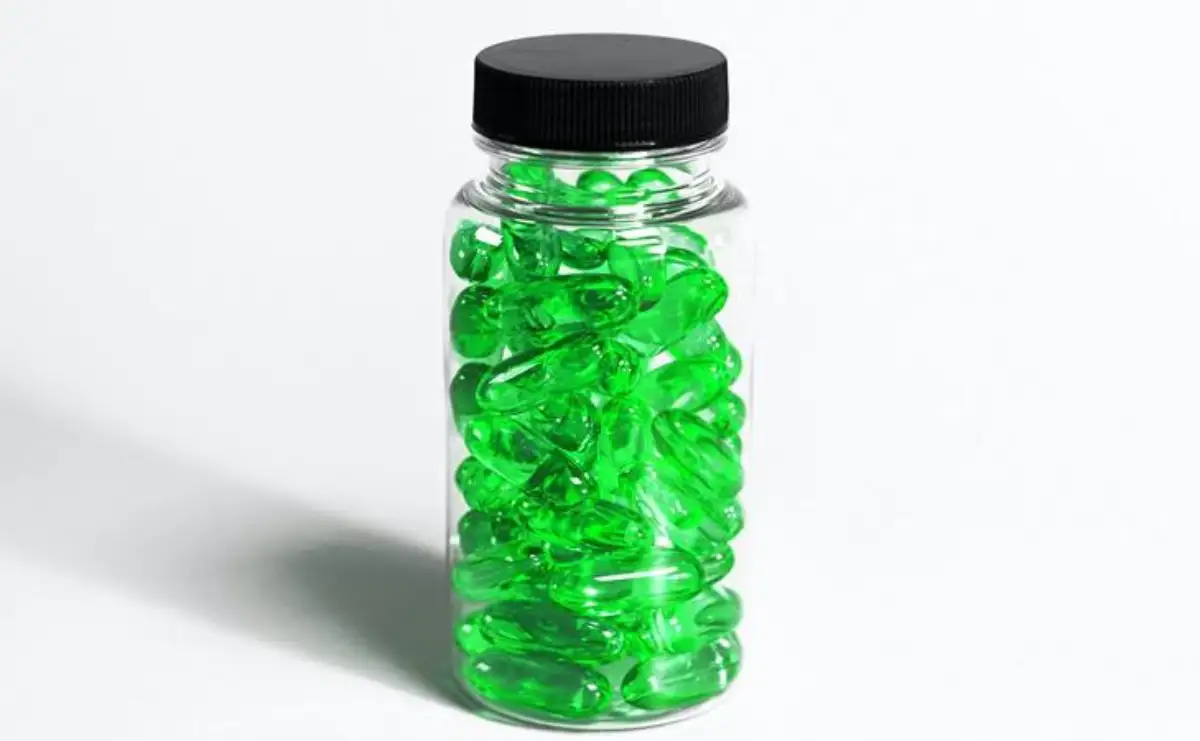
The Pivotal Role Of Vitamin E In Winter Hair Care
The importance of Vitamin E in addressing seasonal hair challenges is crucial for preserving and fortifying hair vitality, especially during the winter months.
1. Understanding Vitamin E’s Hair-Boosting Powers:
Vitamin E stands out as a powerhouse in hair care, boasting potent antioxidant properties that fortify cells and stimulate hair growth. Its pivotal role in reducing cell damage and supporting hair follicles counters oxidative stress, effectively combating the detrimental impact of free radicals that often lead to hair follicle breakdown.
2. Foods Rich In Vitamin E:
Ensure your Vitamin E requirements are met through a variety of food sources:
Seeds, hazelnuts, peanuts, pine nuts, and almonds
Vegetable oils like sunflower oil
Leafy vegetables such as spinach and kale
Fruits like mangoes, papayas, and kiwis
Brown rice and barley can also contribute to fulfilling Vitamin E requirements.
3. Using Hair Vitamin Supplements:
To address nutritional deficiencies during winter, consider certified clean supplements fortified with Vitamin E. For example, 100% natural capsules delivering 480 IU of plant-based Vitamin E offer 2X better absorption than synthetic counterparts. This unique blend includes Argan oil, Aloe Vera, and Sunflower Oil, providing sustained benefits for resilient skin and hair during winter. The supplements are gluten-free, GMO-free, with no artificial sweeteners or added sugar, replenishing dietary deficiencies and supporting overall health.
4. Enhancing Winter Hair Resilience Through Topical Application:
Vitamin E, when applied topically, contributes to shinier and stronger hair. Explore vegan, clean, and plant-based face wash, serum, and night gel options that are free of harmful substances. Clinically proven to increase antioxidant activity, these products help maintain a youthful appearance and protect the skin.
5. Improving Oxygen & Blood Circulation:
Beyond preventing hair fall, Vitamin E actively enhances scalp circulation, addressing issues like dandruff, inflammation, and dryness, prevalent during winter. Styling tools and blow-dryers can damage hair; however, the multifaceted benefits of Vitamin E extend to improving hair texture and elasticity, crucial for managing winter hair complexities.
Conclusion:
Integrating Vitamin E through dietary adjustments or clean plant-based supplements adds an extra layer of protection, fortifying hair resilience and ensuring vibrancy and strength even amidst the challenges of the chilly season. Prioritizing Vitamin E in winter hair care is a holistic approach for overall hair health. (IANS)




